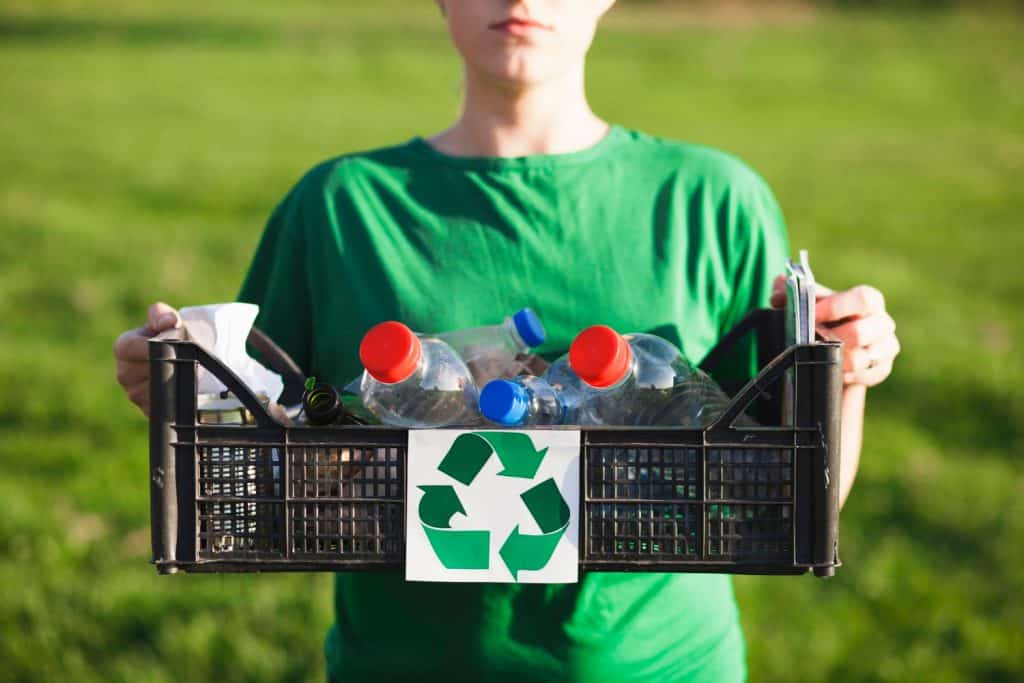
In This Article
- The Current State of Our Environment
- Recycling as a Solution to Environmental Challenges
- Economic Benefits of Recycling
- Recycling's Impact on Energy Conservation
- The Role of Individuals and Businesses in Recycling
- Collaboration Between Governments, Organizations, and Communities
- The Future of Recycling and Creating a Sustainable Future
Recycling is a fundamental aspect of creating a sustainable future. With the increasing concerns over climate change and the depletion of natural resources, it has become imperative for individuals, businesses, and governments to take action. Recycling not only reduces the amount of waste going to landfills but also conserves energy, reduces pollution, and saves resources.
In this blog, we will explore the importance of recycling and how it can help create a sustainable future for generations to come.
The Current State of Our Environment

As we venture deeper into the 21st century, it is becoming increasingly evident that our planet is facing various environmental challenges. From escalating levels of pollution to the excessive exploitation of natural resources, the consequences of our actions are becoming more apparent each day. These issues call for immediate attention and actions to mitigate the damage caused to our environment.
One of the most pressing concerns is the accumulation of waste in landfills. With each passing year, the amount of waste generated by our society continues to rise at an alarming rate. The impact of this waste on our environment cannot be overstated. Landfills take up vast amounts of space, emit harmful gases into the air, and contaminate soil and water sources.
Our overdependence on finite resources, such as fossil fuels and raw materials, is depleting them at an unsustainable pace. This not only threatens our future access to these resources but also exacerbates climate change and ecological imbalance.
Given the severity of these challenges, adopting sustainable practices has become crucial. Recycling offers a viable solution to address these issues. By recycling, we can significantly reduce the amount of waste that ends up in landfills, alleviate pollution, and conserve energy and resources.
Recycling as a Solution to Environmental Challenges
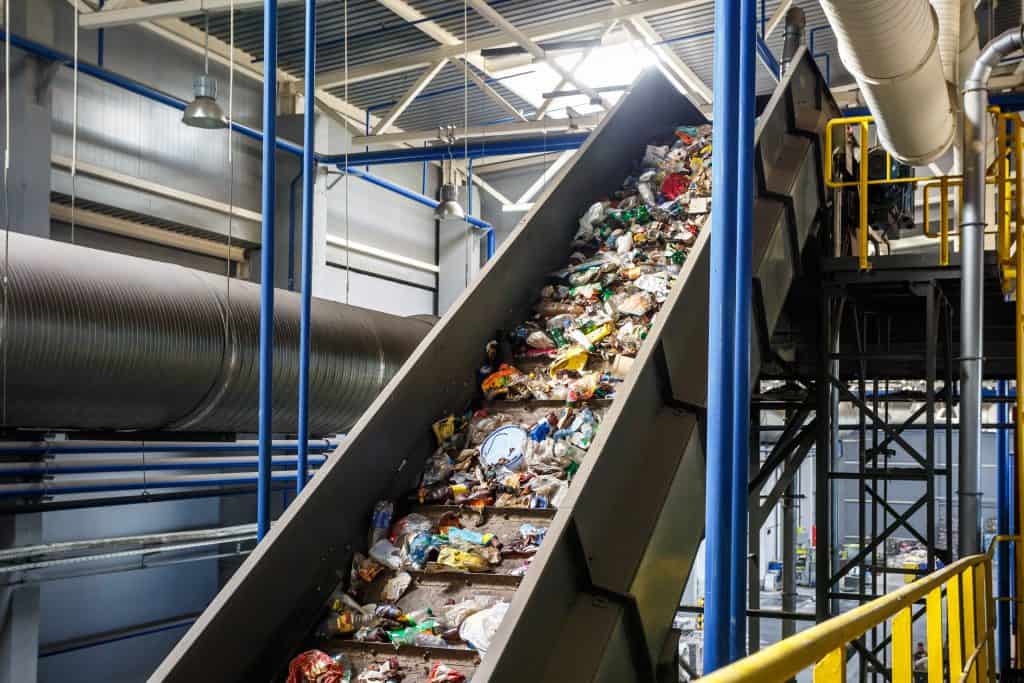
Recycling is not just a buzzword, but a practical solution to the environmental challenges we face today. By turning waste into new materials, recycling helps to reduce the strain on our already burdened landfills. Instead of letting valuable resources go to waste, recycling allows us to recover and reuse them, conserving energy and cutting down on pollution in the process.
In addition to its waste reduction benefits, recycling also plays a crucial role in mitigating climate change. The production of goods from raw materials requires significant energy, often derived from fossil fuels, which contributes to greenhouse gas emissions. By recycling materials instead, we can significantly reduce our carbon footprint and combat climate change.
Recycling helps to preserve our natural resources. Rather than depleting finite resources like timber, water, and minerals, recycling allows us to use recycled materials as an alternative. This helps to protect ecosystems, support biodiversity, and maintain the delicate balance of our planet.
Economic Benefits of Recycling

Aside from the environmental advantages, recycling also brings about significant economic benefits that cannot be overlooked. Recycling creates jobs and stimulates economic growth in various sectors.
One of the main economic benefits of recycling is the creation of employment opportunities. Recycling facilities require skilled workers for various tasks, such as sorting, processing, and manufacturing recycled materials into new products. This translates into job opportunities for individuals in the recycling industry, contributing to local economies and reducing unemployment rates.
Recycling also helps to reduce the costs associated with waste management. As more materials are recycled, there is a decrease in the amount of waste that needs to be disposed of in landfills. This, in turn, reduces the expenses incurred by municipalities in waste collection, transportation, and disposal. The money saved can be redirected towards other essential services or infrastructure projects, benefiting the community as a whole.
Recycling can lead to cost savings for businesses. By using recycled materials instead of virgin resources, companies can reduce their production costs. Recycled materials are often cheaper to acquire and process, leading to lower manufacturing expenses. These cost savings can be passed on to consumers, making recycled products more affordable and attractive in the marketplace.
Recycling’s Impact on Energy Conservation

Recycling plays a crucial role in energy conservation and is an essential component of creating a sustainable future. One of the primary ways recycling helps conserve energy is by reducing the need for extracting and processing virgin raw materials. Extracting and refining raw materials requires significant amounts of energy, often derived from non-renewable sources, which contribute to greenhouse gas emissions and climate change.
By recycling materials such as paper, plastic, glass, and metal, we can eliminate or reduce the energy-intensive processes involved in mining or refining these resources. Instead, recycled materials can be transformed into new products through less energy-intensive methods.
Recycling also reduces energy consumption in manufacturing processes. It takes less energy to produce goods from recycled materials compared to producing goods from scratch with virgin materials. For example, producing recycled aluminium requires only around 5% of the energy needed to produce aluminium from bauxite ore.
The Role of Individuals and Businesses in Recycling
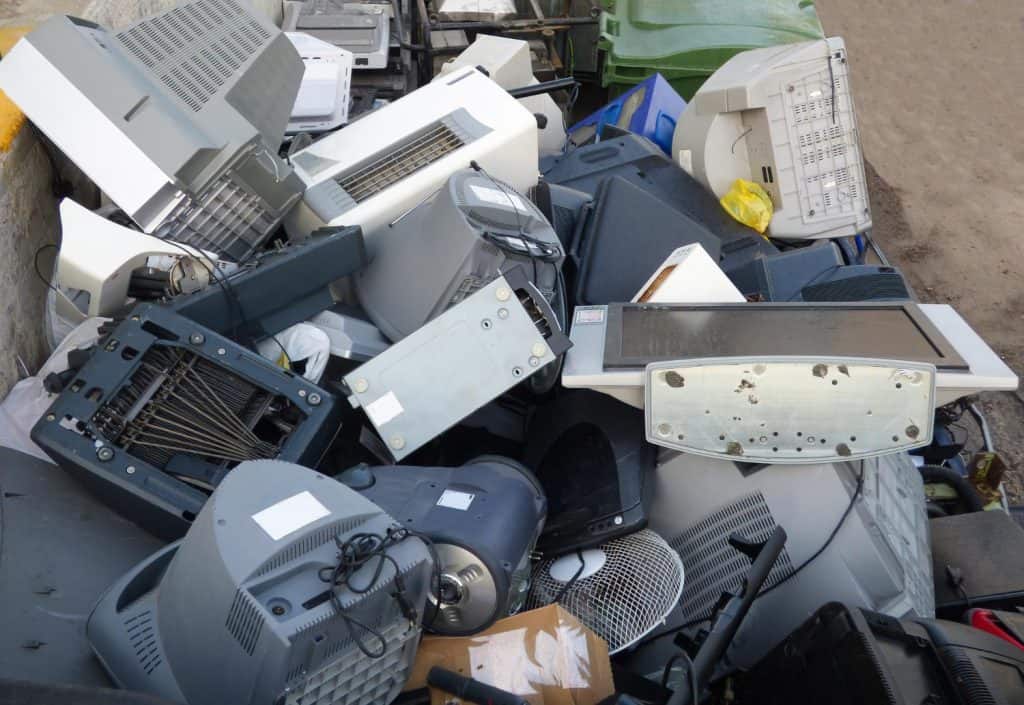
While the benefits of recycling are clear, its success ultimately relies on the participation and commitment of both individuals and businesses. As individuals, we can all contribute to recycling by adopting simple habits in our daily lives. This includes segregating recyclable materials from general waste, using recycling bins provided by local authorities, and supporting recycling programs in our communities.
Businesses, on the other hand, have a crucial role to play in advancing recycling initiatives. They can start by implementing effective waste management systems that prioritize recycling. This includes providing designated recycling bins for employees, establishing partnerships with recycling facilities, and incorporating sustainable packaging practices into their operations.
Businesses can also lead by example and advocate for responsible recycling practices. By educating their employees and customers about the importance of recycling, businesses can help create awareness and foster a culture of sustainability.
Collaboration Between Governments, Organizations, and Communities
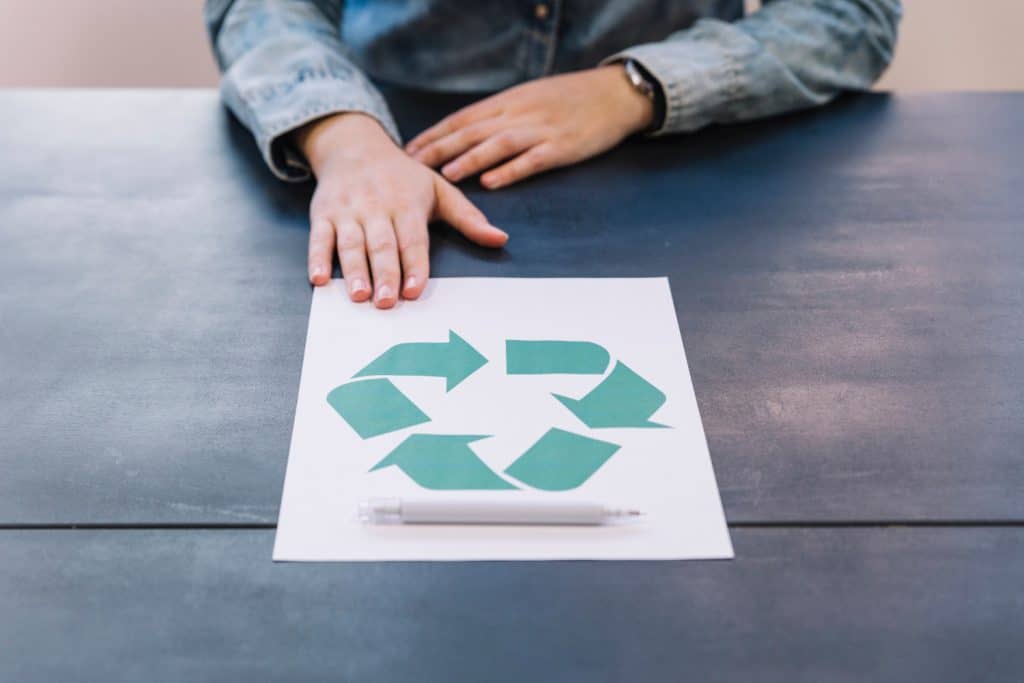
Collaboration between governments, organizations, and communities is key to the success of recycling efforts and the creation of a sustainable future. While individuals and businesses play a vital role, larger entities need to provide support and resources to facilitate recycling on a larger scale.
Governments can take a leading role by implementing policies and regulations that promote recycling and create incentives for businesses and individuals to participate. This can include offering tax benefits to businesses that implement effective recycling practices or providing funding for recycling infrastructure.
Organizations, such as non-profit groups and industry associations, can also contribute by organizing awareness campaigns, coordinating recycling programs, and providing education and resources to individuals and businesses.
Communities, on the other hand, can come together to establish community recycling centres, organize recycling drives, and create local initiatives that promote recycling.
By working together, governments, organizations, and communities can create a sustainable recycling ecosystem that maximizes the impact of recycling efforts and ensures a better future for generations to come.
The Future of Recycling and Creating a Sustainable Future
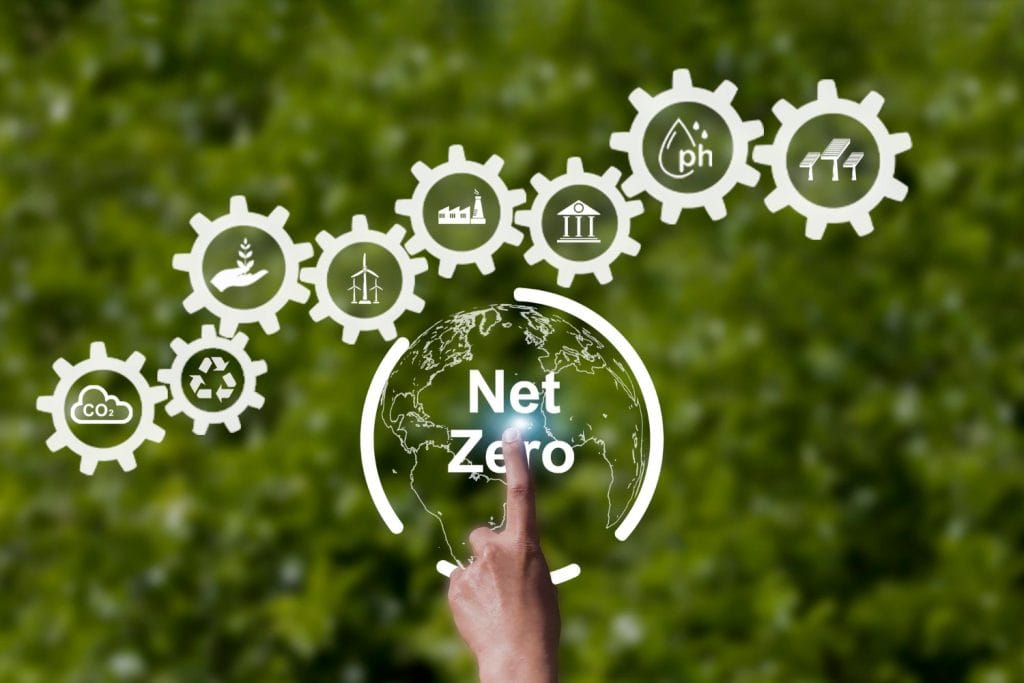
One exciting development is the increasing focus on innovative recycling technologies. Advances in technology are enabling us to recycle a broader range of materials and recover valuable resources more efficiently. For example, new methods for recycling plastics, such as chemical recycling, are emerging, promising to transform waste plastics into valuable feedstocks.
Another crucial aspect is the growing awareness and commitment to circular economy principles. The circular economy aims to eliminate waste and maximize resource efficiency by promoting the reuse, repair, and recycling of materials. Many corporations are now embracing this concept and redesigning their products and packaging to be more recyclable and environmentally friendly.
Conclusion
In conclusion, recycling plays a vital role in creating a sustainable future. The advancements in recycling technologies, such as chemical recycling, give us hope for a more efficient and effective recycling process. As businesses and individuals become more aware of circular economy principles, the focus on reducing waste and maximizing resource efficiency grows stronger.
To continue driving recycling forward, collaborations between governments, businesses, and communities are crucial. These partnerships can lead to improved infrastructure, better collection and sorting capabilities, and more effective communication and education campaigns.



